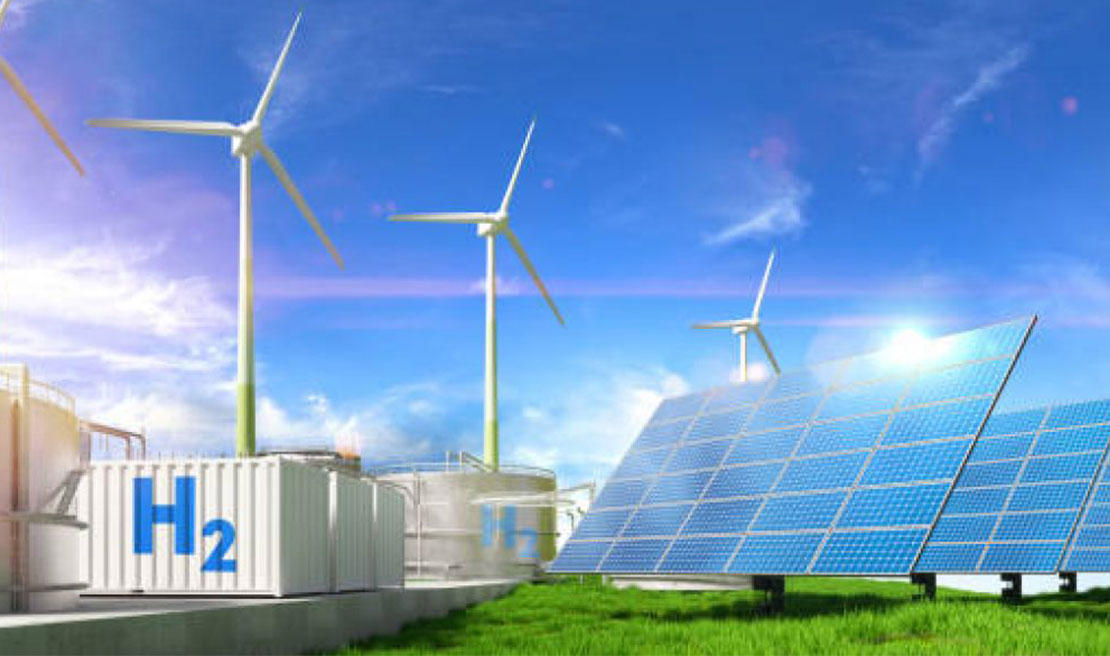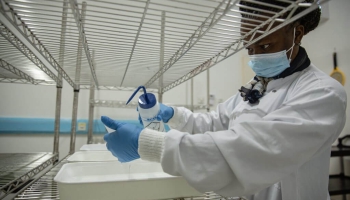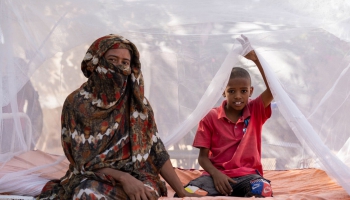
Renewable energy and clean energy have been on the global agenda for energy transition for quite a long time but recently gained strong momentum, especially with the anticipated depletion of fossil fuels alongside increasing environmental degradation from their exploitation and the changing climate caused by their excessive carbon emissions. Despite this, Africa’s pursuit to transition to a green economy using renewable energy resources still faces constraints that hamper further development and commercialization. These may include socio-economic, technical, political, financial, and institutional policy framework barriers. Although hydrogen demand is still low in Southern Africa, the region can meet the global demands for green hydrogen as a major supplier because of its enormous renewable energy resource-base. This article reviews existing renewable energy resources and hydrogen energy policies in the Southern African Development Community (SADC). The significance of this review is that it explores how clean energy technologies that utilize renewable energy resources address the United Nations sustainable development goals (UN SDGs) and identifies the hydrogen energy policy gaps. This review further presents policy options and recommends approaches to enhance hydrogen energy production and ramp the energy transition from a fossil fuel-based economy to a hydrogen energy-based economy in Southern Africa. Concisely, the transition can be achieved if the existing hydrogen energy policy framework gap is narrowed by formulating policies that are specific to hydrogen development in each country with the associated economic benefits of hydrogen energy clearly outlined.
More at this link





